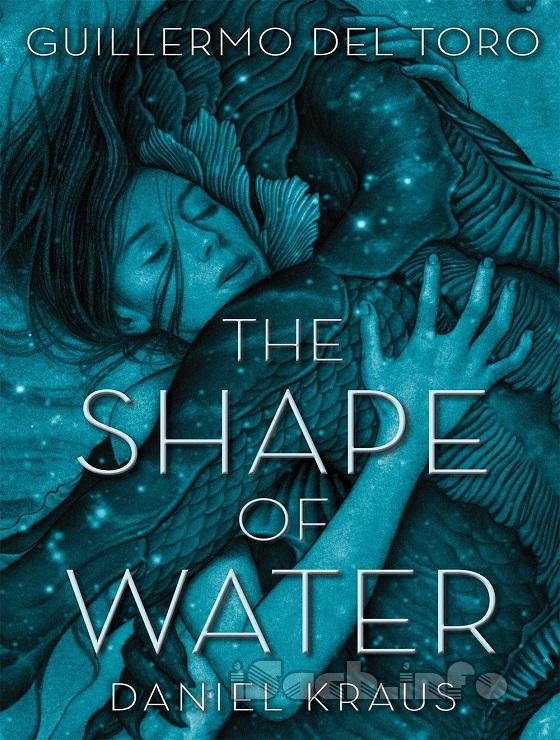Chapter 3
T
he stygian chrysler wends him all the way back across the city. The Bison, as Hoffstetler has come to think of the driver, never takes the shortest path. Today, he scoops up west of Camp Holabird, circles the Baltimore City hospitals, and effects a stair-step pattern to the North Street cemeteries before dropping like an anvil into East Baltimore. Hoffstetler’s leniviy mozg finds in Baltimore’s grimy, gray street grid proof of the cosmological organization present in all matter, from the smallest corpuscles to most unfathomable galactic clusters. Thus he is but an insignificant pinprick playing a nugatory role in history. This, at least, is his prayer.They park directly in front of the Black Sea Russian Restaurant. It never makes sense to him. Why the cryptic telephone calls, coded phrases, and loop-de-loop course if it ends every time at the highly conspicuous, mirror-plated, gold-inflected, red-sashed restaurant bedecked with filigreed nesting dolls atop malachite tabletops? The Bison holds the car door open and follows him inside.
It’s still early. The Black Sea isn’t open yet. There is clatter from the kitchen, but not much talk. Waitstaff sit smoking at a table, memorizing specials. Three violinists tune their strings to “Ochi Chernye.” The sharp smell of red-wine vinegar mixes with the sweetness of fresh-baked gingerbread. Hoffstetler passes the restrooms, where hangs a poster issued by J. Edgar Hoover to inveigle immigrants to report Espionage, Sabotage, and Subversive Activities. It’s an inside joke: There, in the last booth of the restaurant’s farthest dogleg, backlit by the lunar glow of a giant tank crawling with lobsters, waits Leo Mihalkov.
“Bob,” he greets.
Mihalkov prefers speaking to Hoffstetler in English to practice his conversation skills, but hearing his Americanized name from the agent’s lips makes Hoffstetler feel strip-searched. It is no small thing that Mihalkov pronounces the name as boob. Hoffstetler wonders if this, like the FBI poster, is a backhand slap. On cue, musicians rush the booth like hatchet men, nod out a rhythm, and strike up. One point in the Black Sea’s favor is its insusceptibility to wiretap, and the deafening strings further moot the point. Hoffstetler has to raise his voice.
“I ask once again, Leo: Please call me Dmitri.”
Call it cowardice, but it is easier for Hoffstetler to keep his two personas separate. Mihalkov places a blini topped with smoked salmon, crème fraîche, and caviar onto his extended tongue, draws it in, and savors it. Hoffstetler finds himself smoothing the manila folder in his hands. How quickly this Russian brute, with a single belittling syllable, has muscled him into the position of timid supplicant.
Leo Mihalkov is the fourth intelligence contact he has had. Hoffstetler’s reluctant embroilment in espionage began the day after his commencement at Lomonosov in Moscow, when agents of Stalin’s NKVD came into view like shipwrecks from a draining lake. They fed him—a young, hungry scholar—a dinner of pickled tomatoes, zakuski, beef stroganoff, and vodka, followed by a dessert of government secrets: teams working to put satellites into space, advanced chemical warfare tests, Soviet infiltrators inside the US atomic program. It was as good as being fed poison. Hoffstetler was a dead man unless he obtained the antidote, and the antidote was, and always would be, strict allegiance to the Premier.
When the war was kaput, the agents said, America would sift Eurasia’s rubble for gold, and who would they find? Dmitri Hoffstetler, that’s who. His task was to willingly defect, become a good American. It wouldn’t be so bad, they promised. His wouldn’t be a life of pistol silencers and bitable suicide pills. He’d be free to follow his professional predilections, provided they were in fields ripe for top-secret harvesting whenever he was contacted by agents. Hoffstetler didn’t bother asking what would happen if he refused. The men took care to mention his papa and dear mamochka with specificity enough that there was no doubting how easily the NKVD could tighten their fists around them.
Mihalkov shrugs at Hoffstetler’s request. He’s not a physically imposing man; in fact, he seems to enjoy making himself smaller by sitting in front of the lobster tank’s blue vista. In this way, Mihalkov is a switchblade, compact and benign in snug suits, rose boutonnieres, and short-cut gray hair, until he’s provoked and the sharp parts are sprung. He swallows the caviar and holds out a receiving hand while the crustaceans behind him appear to crawl out of his ears. Hoffstetler hands over the folder, fretting over the wrinkles like a mother over a child’s unironed church clothes.
Mihalkov unravels the string tie, taps out the documents, shuffles through them.
“And this is what, Dmitri?”
“Blueprints. It’s all there. Every door, window, and ventilation duct at Occam.”
“Otlichno. Ah, English, English: good job. This will interest the directorate.”
He pinches another blini before noticing Hoffstetler’s tense expression.
“Drink this vodka, Dmitri. Four times it is distilled. Arrives in diplomatic valise from Minsk. Your homeland, da?”
This is the latest in a decade’s worth of references to the knives held against his parents’ jugulars. Unless Hoffstetler has become adrift in paranoiac seas. Unless he’s fallen so deep undercover he can no longer see the outlines of the surface. He flaps a cloth napkin from its pinwheel fold and mops his sweat. The violinists can’t hear anything beyond the vibrations passing directly into their chins, but still Hoffstetler leans forward and keeps his voice low.
“I stole those blueprints for a reason. I need you to authorize an extraction. We have to get the creature out of there.”



 ePub
ePub A4
A4